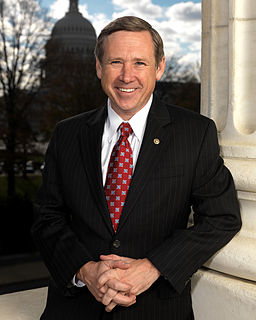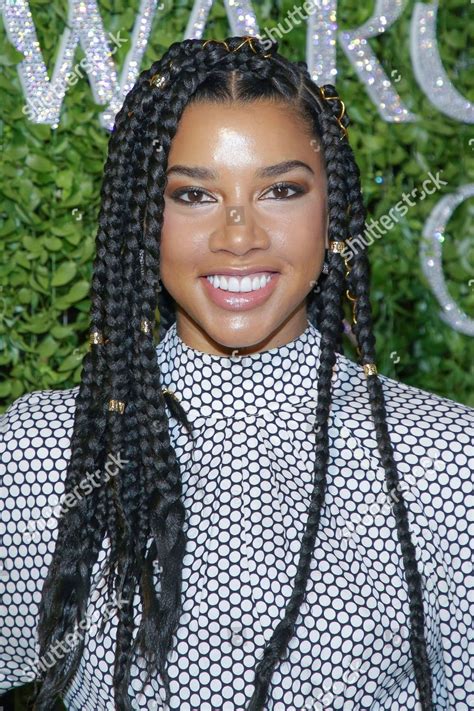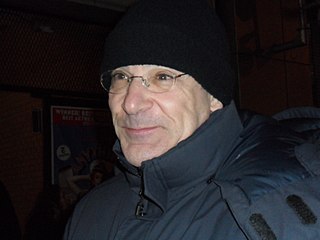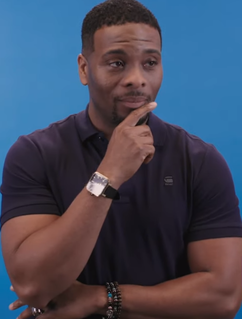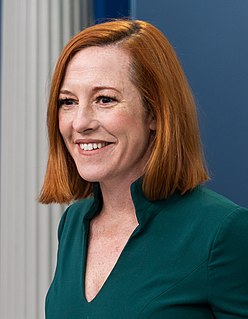A Quote by Mark Kirk
There was a lot of feeling that with an African-American president, life on the South Side of Chicago would be radically different.
Related Quotes
We do not have a South African as a member of the African Commission. The President of the Commission comes from Mali, the Deputy comes from Rwanda and then we have got all these other members, ordinary commissioners. There is no South African there. And the reason, again, for that is not because we didn't have South Africans who are competent.
I think if you worked at the community level in Chicago and then a politician on the South Side of Chicago, and worked at the state level, then you're pretty familiar with all the variations of politics in the African American community and criticisms you may get. If you're not familiar with those or you don't have a thick enough skin to take it, then you probably wouldn't have gotten here.
I use African-American, because I teach African Studies as well as African-American Studies, so it's easy, neat and convenient. But sometimes, when you're in a barber shop, somebody'll say, "Did you see what that Negro did?" A lot of people slip in and out of different terms effortlessly, and I don't think the thought police should be on patrol.
There were people who voted for Obama simply because he was the first African-American. We had a lot of people that would not have voted for Obama but who did because they really hoped that the nation, making the statement electing an African-American president, would prove once and for all that this is not a racist nation. I believe that there were all kinds of people that voted for Obama with that hope. That was the reason. Everything else was irrelevant to them.
